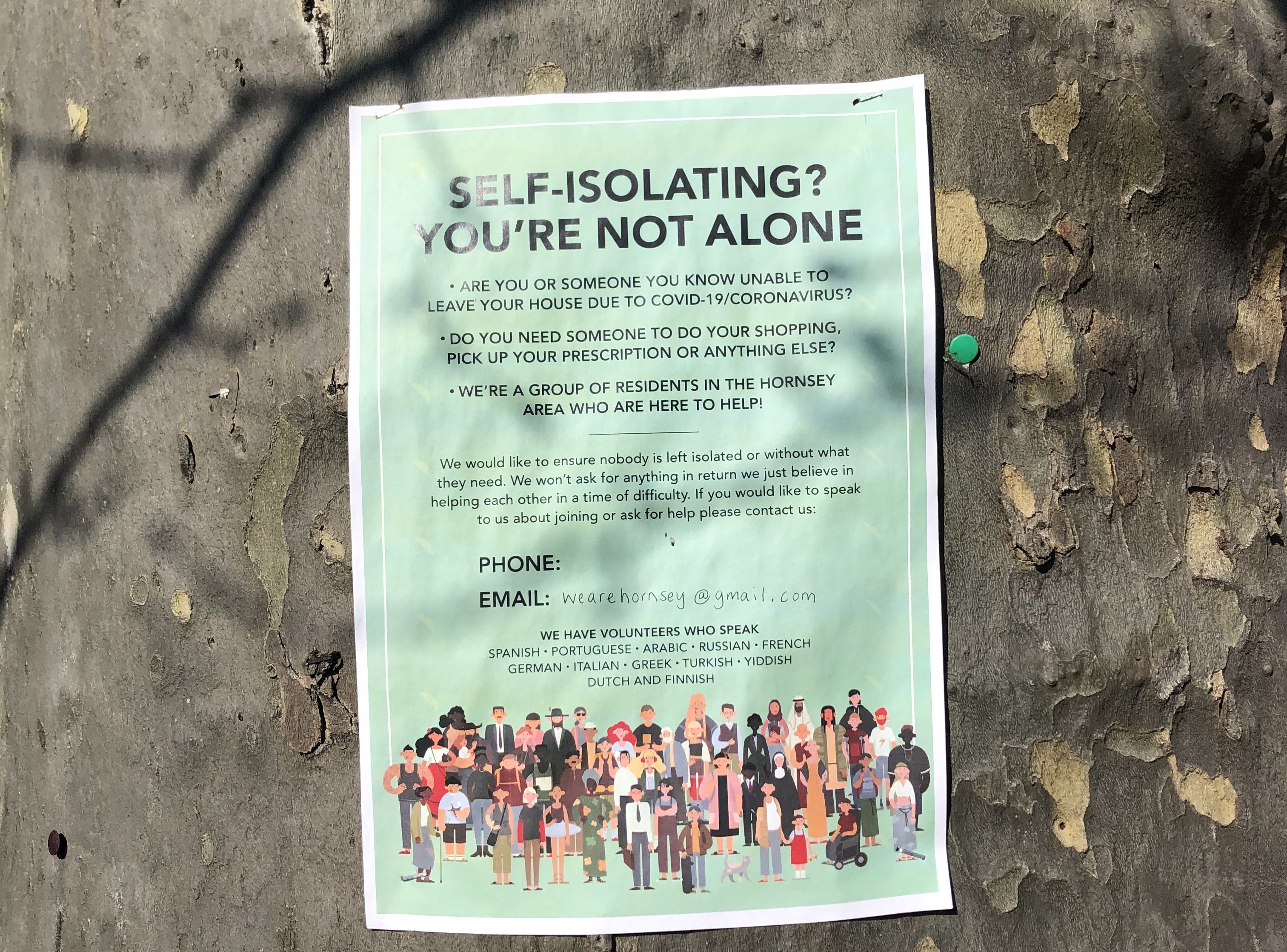
 ‘Save yourself to save others’: LSE’s Shani Orgad and New York University’s Radha Sarma Hegde discuss how national governments used their COVID-19 campaigns to stress the importance of self-sufficiency, playing down the responsibilities of the state.
‘Save yourself to save others’: LSE’s Shani Orgad and New York University’s Radha Sarma Hegde discuss how national governments used their COVID-19 campaigns to stress the importance of self-sufficiency, playing down the responsibilities of the state.
The rapid spread and dire consequences of the COVID-19 pandemic have led nation states to spring into action to contain the virus, close borders, manage populations and recuperate economies. As citizens were being urged to mask, wash hands, bump elbows and socially distance to ‘flatten the curve’, the pandemic laid bare systemic failures of the state to provide infrastructures of equitable support.
Many hoped the pandemic would present a moment which could significantly challenge the existing neoliberal order and patriarchal and racial capitalism. Yet, as we show in an article for the International Journal of Cultural Studies, across varying national contexts, the pandemic seems to have provided a fertile ground for the neoliberal state to revitalise its exhortations to citizens to comply with crisis-driven directives.
The campaigns efface the role and responsibility of the state at a time of crisis
Our analysis of national governments’ COVID campaigns reveals that the pandemic has presented national governments with unique conditions for articulating and mutually reinforcing nationalism and neoliberalism. The national COVID campaigns we examined seemingly celebrate interdependence, but an interdependence whose essence, paradoxically, is self-care; as encapsulated by one of the Mexican slogans: ‘If you take care of yourself, we take care of us all.’

Across the campaigns, there is a consistent national imperative to co-opt citizens to become COVID warriors, ever ready to save themselves and live up to the spurious and recurring anthem: ‘Save yourself to save others’. In appealing to individuals to adhere to the behavioural scripts required to stave off contagion, the campaigns efface the role and responsibility of the state at a time of crisis. Instead, the state assumes a stance of a benevolent parent, urging family members — and specifically women — to take care of one another.
While clearly our lives and politics are globally entangled and interdependent, and this entanglement is perhaps nowhere more pronounced than during a global pandemic, in the national campaigns there is a noticeable absence of a world outside the nation. Rather, they encourage a turning inwards and a disavowal of any sense of interdependence between and across borders, nations, and bodies.
With very few exceptions, the national COVID campaigns assume an able-bodied citizen with a rooted sense of territoriality, domestic stability and equally distributed infrastructural access. Where are the bodies of transient populations or the unhoused, or bodies that lack the ability to practise these repertoires of safety, hygiene and self-responsibility?
This post was originally published on LSE’s COVID-19 blog and is reposted with thanks. This article gives the views of the authors and does not represent the position of the Media@LSE blog, the COVID-19 blog, nor of the London School of Economics and Political Science. It is based on Orgad S, Hegde RS. Crisis-ready responsible selves: National productions of the pandemic. International Journal of Cultural Studies. February 2022.





